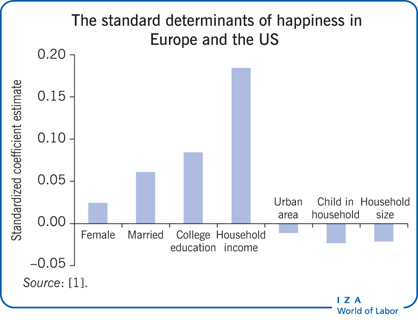Elevator pitch
Flexible work time and retirement options are a potential solution for the challenges of unemployment, aging populations, and unsustainable pensions systems around the world. Voluntary part-time workers in Europe and the US are happier, experience less stress and anger, and are more satisfied with their jobs than other employees. Late-life workers, meanwhile, have higher levels of well-being than retirees. The feasibility of a policy that is based on more flexible work arrangements will vary across economies and sectors, but the ongoing debate about these multi-tiered challenges should at least consider such arrangements.
Key findings
Pros
Voluntary part-time workers have more life satisfaction and less stress and are more satisfied with their jobs than full-time workers.
Flexible approaches to retirement and to part-time work are linked to higher levels of well-being, at least in labor markets where flexible work is a choice.
Workers who remain in the labor force after retirement age are more satisfied with their health and are happier than their retired counterparts.
Flexible work times and retirement schemes can enhance well-being—which is linked to better health and higher productivity—and also reduce unemployment and pension burdens.
Cons
Changing employment and retirement schemes will have administrative, bargaining, and implementation costs for employers and employees.
Employers may incur short-term costs from shifting to shared and part-time work.
Such work arrangements are likely to be less feasible in countries with large informal sectors, where reducing precarious employment remains a priority.
Different cultural norms and labor market practices will affect the feasibility of such arrangements and will mediate their effects on well-being.
